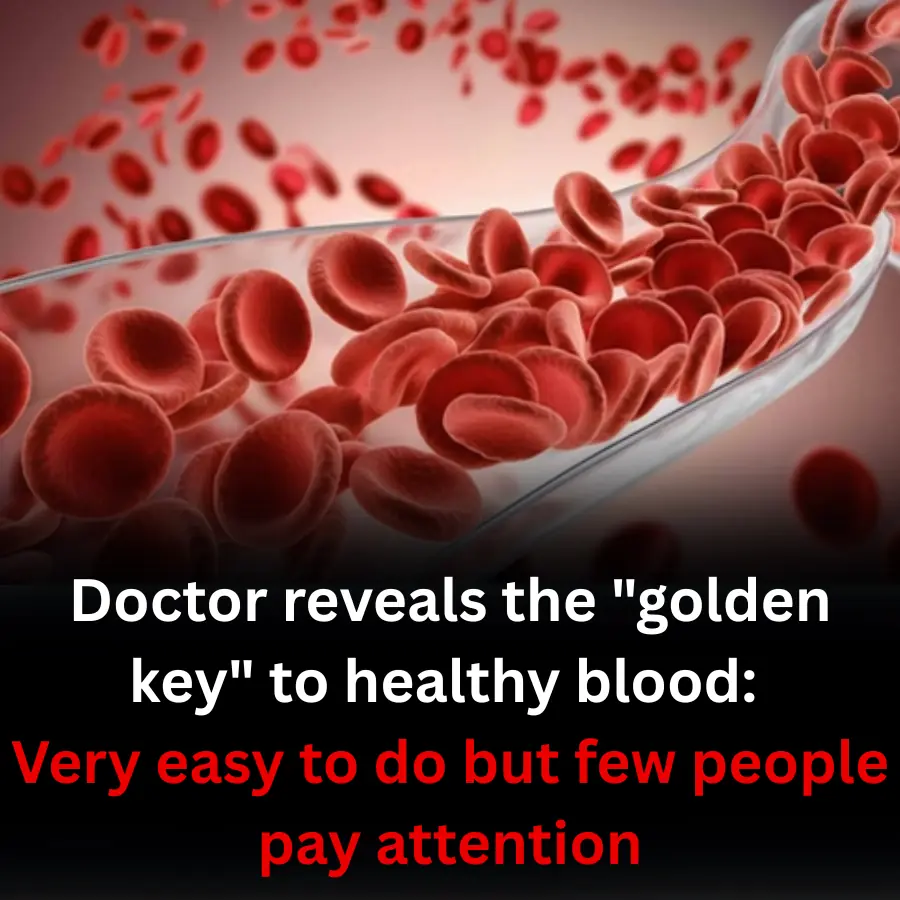
Don’t Miss These 9 Key Signs of Depression — Early Awareness Can Save Lives
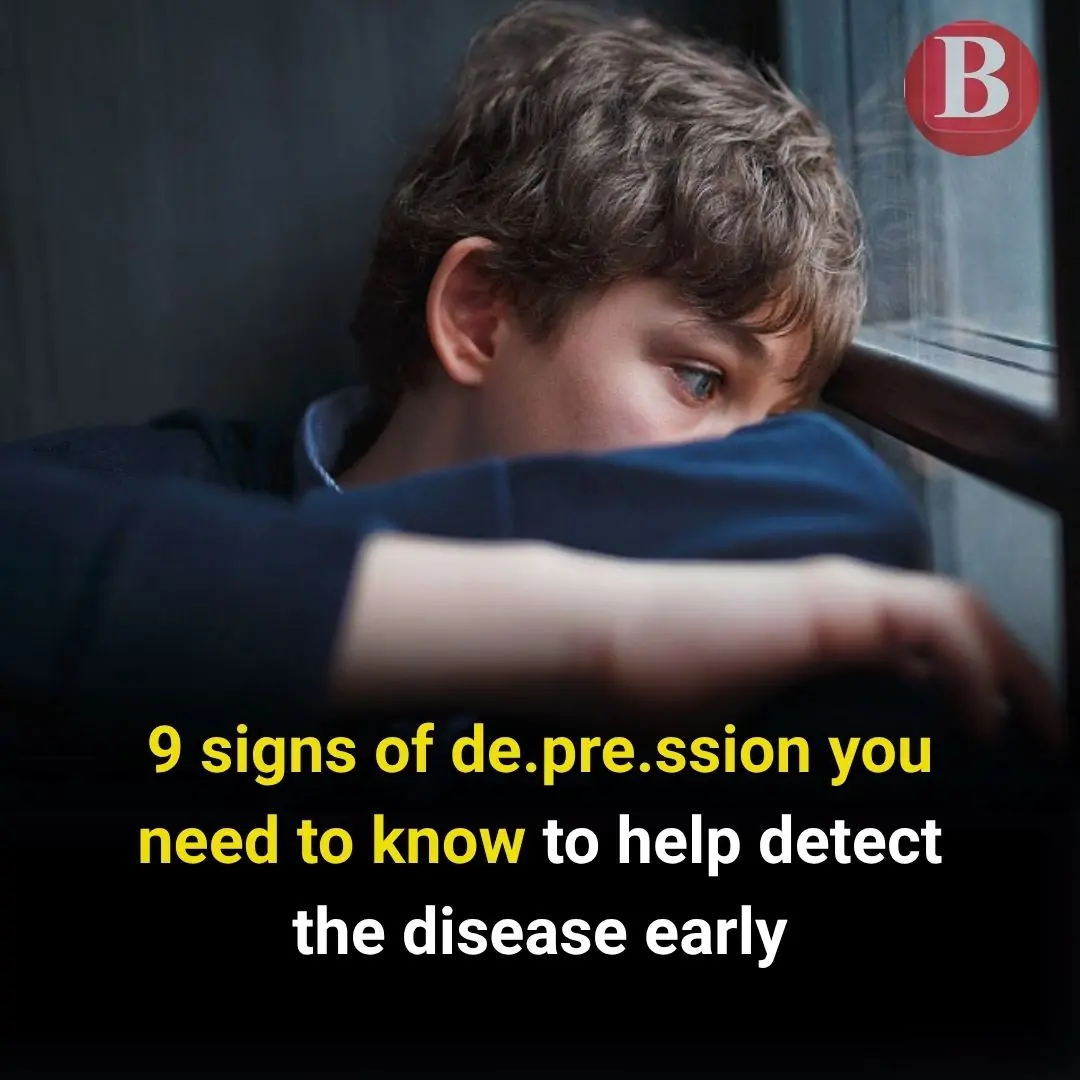
What is Depression?
Depression is an emotional disorder that has become alarmingly widespread. According to the World Health Organization, approximately 1 in 20 people suffers from depression. Women are particularly vulnerable, with depression rates twice as high as men. The impact of depression goes far beyond emotional distress — it also affects productivity, learning ability, relationships, and can even disrupt daily life.
What is depression? 9 signs you need to know
Frequent feelings of sadness are a major warning sign of depression.
Depression manifests as prolonged sadness, hopelessness, and a persistently low mood. In more severe cases, depression causes a person to spiral into negative thinking, leading to a loss of interest in daily activities, disrupted eating and sleeping patterns, low energy, and diminished self-worth. However, for a proper diagnosis, these symptoms must persist for at least two weeks or longer.
Various factors contribute to the onset of depression, including genetics, life events such as loss, emotional trauma, unemployment, or financial stress. Depression not only affects mental health but also physical health and social interactions. Common changes include sleep disturbances, appetite changes, trouble concentrating, and low energy levels. People with depression often struggle to find motivation, feel constantly irritable, and tend to withdraw from social activities, which significantly reduces their quality of life.
9 Signs of Depression You Should Know
Now that you have an overview of what depression is, you may be wondering: what are the actual signs of depression? According to mental health experts, recognizing these signs early is crucial. Depression can affect anyone, regardless of age or background, so identifying the symptoms can help ensure timely intervention and recovery.
Here are 9 key signs of depression to watch for:
1. Persistent Low Mood
If someone experiences a lingering sense of sadness almost every day, regardless of their circumstances, this could be a serious warning sign of depression.
2. Loss of Interest or Pleasure
One of the hallmark signs of depression is a noticeable loss of interest or pleasure in activities that used to bring joy. If former passions no longer excite you, this could be a potential red flag.
3. Changes in Appetite and Weight
Depression often affects appetite, leading to significant weight changes. This can appear as either loss of appetite and weight loss, or increased cravings and weight gain. These changes may indicate emotional distress.
4. Frequent Insomnia
Interrupted sleep or chronic insomnia is a common symptom in people facing depression. Difficulty falling asleep, especially when accompanied by negative thoughts, can be a sign of emotional disorder.
5. Agitation or Slowed Movements/Speech
Depression can make individuals either restless and agitated or noticeably slower in their movements and speech. If you notice changes in your usual responsiveness, pay attention — it could indicate depression.
6. Persistent Fatigue and Low Energy
A constant feeling of fatigue and lack of energy, even after rest, is another symptom of depression. It drains both physical and mental energy, leaving you feeling exhausted most of the time.
7. Feelings of Helplessness and Guilt
People struggling with depression often feel extremely helpless, guilty, and develop low self-esteem. These emotions can become overwhelming.
8. Poor Concentration and Decision-Making
Depression impairs cognitive function, making it hard to focus, make decisions, or maintain attention. This can interfere with work, school, and daily life, leading to growing frustration with oneself.
9. Frequent Thoughts of Suicide
Perhaps the most alarming sign of depression is recurring thoughts of death or suicide. If you're experiencing these thoughts, it's vital to seek help immediately.
Depression Severity Levels (per the American Psychiatric Association):
-
Subthreshold Depression: Fewer than 5 depressive symptoms
-
Mild Depression: More than 5 symptoms present
-
Moderate Depression: Symptoms moderately affect daily function
-
Severe Depression: Nearly all symptoms present, significantly impacting work, study, and daily life
Depression is further classified by symptom duration:
-
Acute Depression: Symptoms last from 2 weeks to under 2 years
-
Chronic Depression: Symptoms persist for more than 2 years
When Should You See a Doctor?
Depression is a common condition that affects millions of people worldwide. Recognizing its signs and knowing when to seek help is vital.
Depression undeniably harms both mental and physical health. Early treatment is essential because the condition can escalate if left unaddressed. Negative thoughts may lead to harmful actions that affect not just the individual but also those around them.
Talking to friends or family members during this time can provide much-needed emotional support. If you suspect you may have symptoms of depression, don’t hesitate to seek a mental health professional for guidance. If suicidal thoughts arise, you must see a doctor immediately. Sessions with a therapist can help uncover the most appropriate treatment plan.
Common Depression Treatments
Psychological therapy is often the first line of treatment and has proven highly effective. In more severe cases, doctors may consider medication or electroconvulsive therapy (ECT), though this is done with caution due to potential side effects. Treatment is always personalized based on the individual’s condition and severity.
Self-Care Strategies for Those Facing Depression
-
Exercise regularly: Physical activity releases endorphins, improves mood, and reduces stress
-
Eat a nutritious diet: A balanced diet with essential nutrients supports mental and physical health
-
Simplify life: Reorganize tasks and responsibilities to reduce overload
-
Avoid isolation: Social connection is crucial — reach out to loved ones rather than withdraw
-
Manage stress: Learn relaxation techniques, mindfulness, and ways to cope with triggers
In summary, depression is a complex emotional disorder that profoundly affects both body and mind. Recognizing the signs and seeking timely help is essential. Without intervention, depression can worsen and lead to dangerous thoughts or actions. Taking proactive steps can make all the difference.
News in the same category

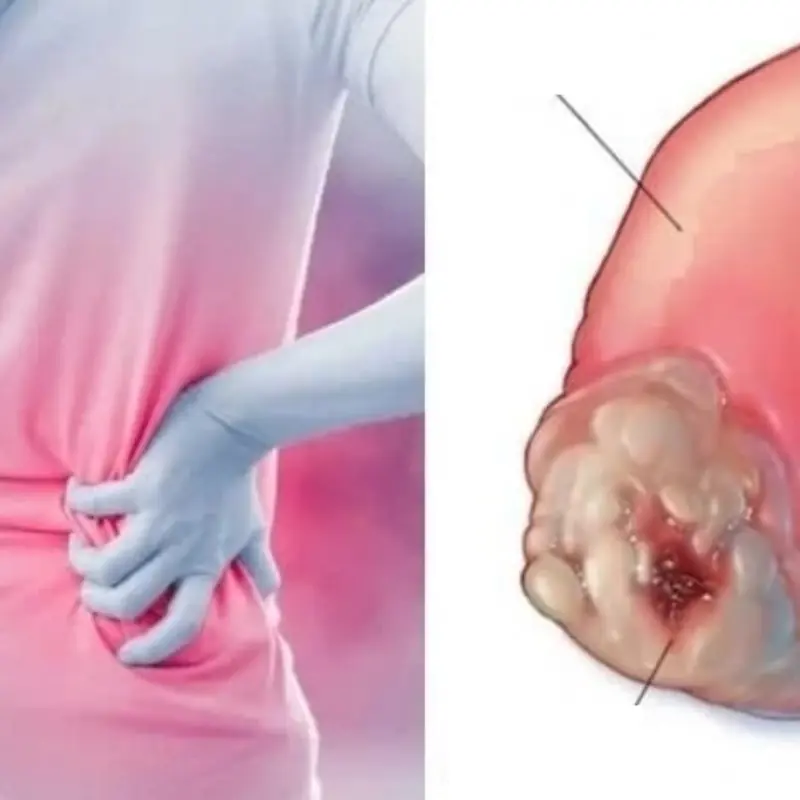
Silent Signs of Kid.ney Can.cer That Are Easy to Overlook
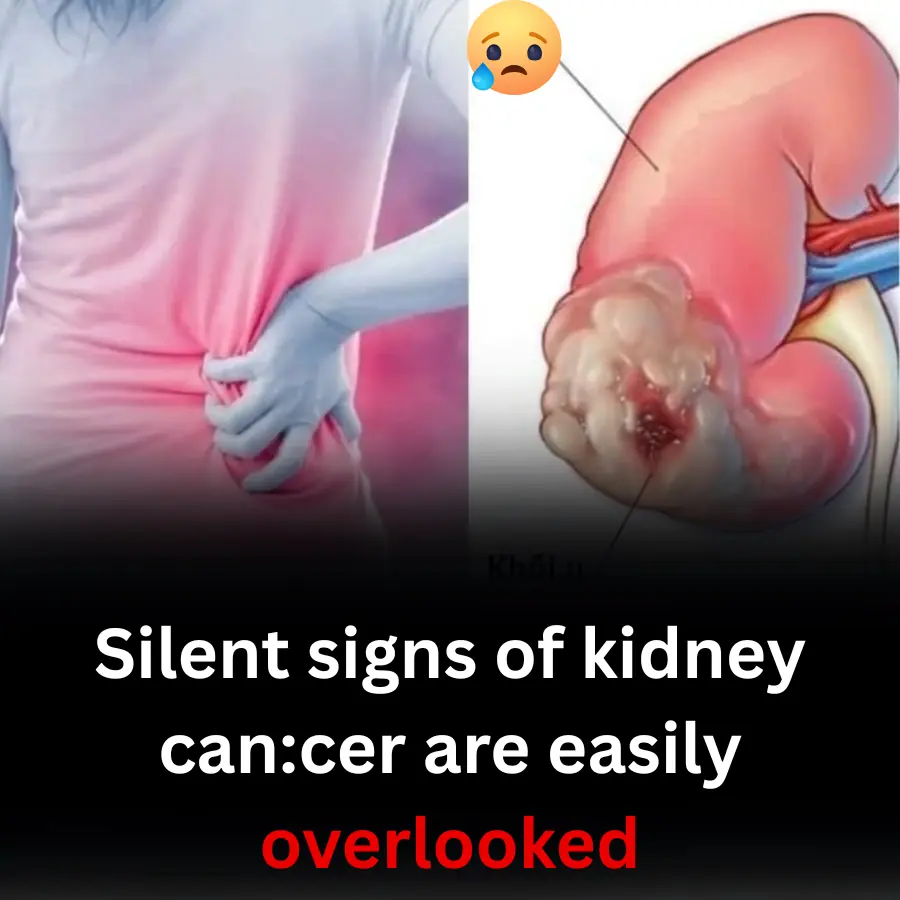
Silent signs of kidney can.cer are easily overlooked

Diabetes Alert: 6 Fruits That Could Sabotage Your Bl.o.od Sugar Levels

These 3 vegetables have a high risk of causing ca.n.cer. Know early to avoid them and tell your loved ones!
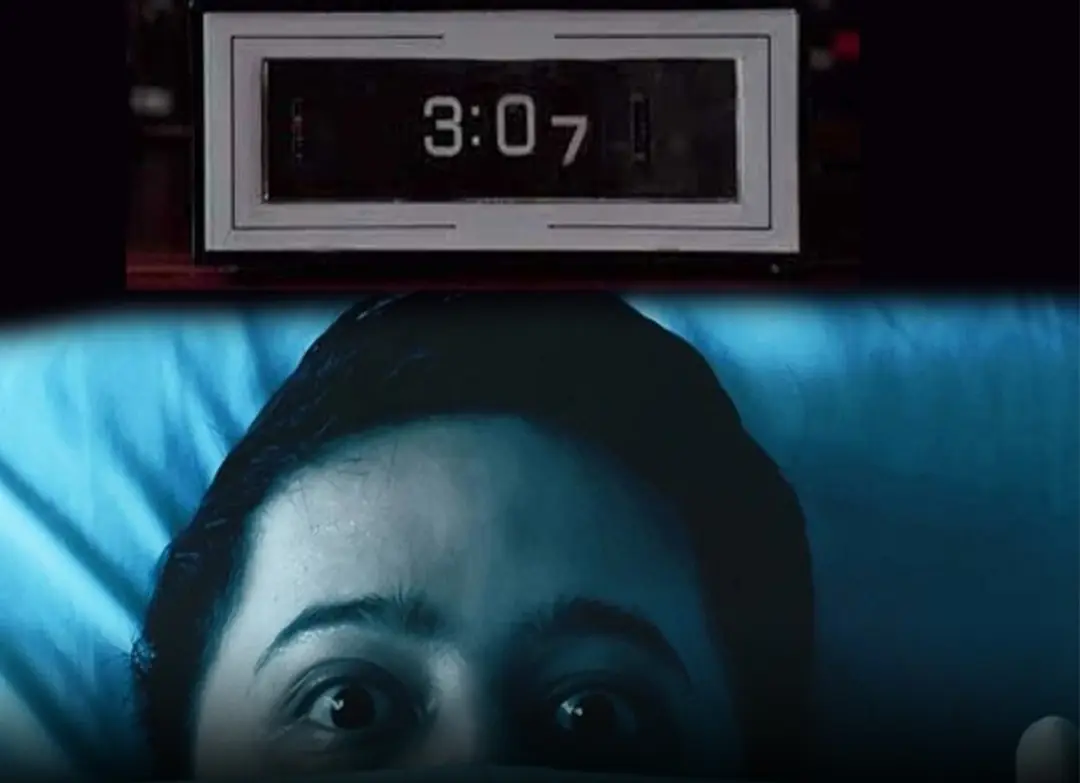
If you suddenly wake up between 3:07 and 3:15 a.m., you must be very careful.
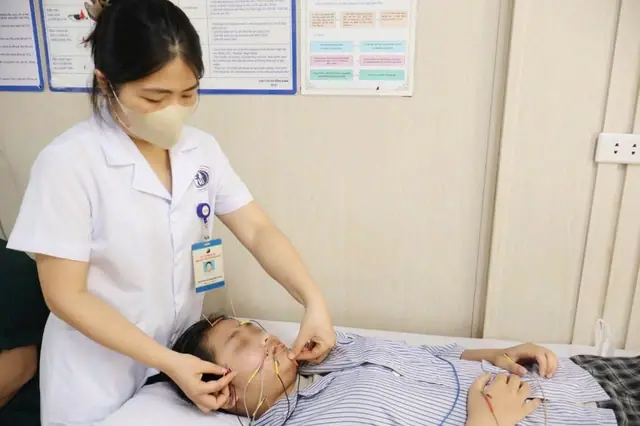
14-Year-Old Patient Suffers Facial Paralysis Due to Common Habit During Hot Weather

4 Vegetables You Should Never Eat Raw — They Could Do More Harm Than Good!

6 familiar dishes that are extremely dan.ger.ous if left overnight
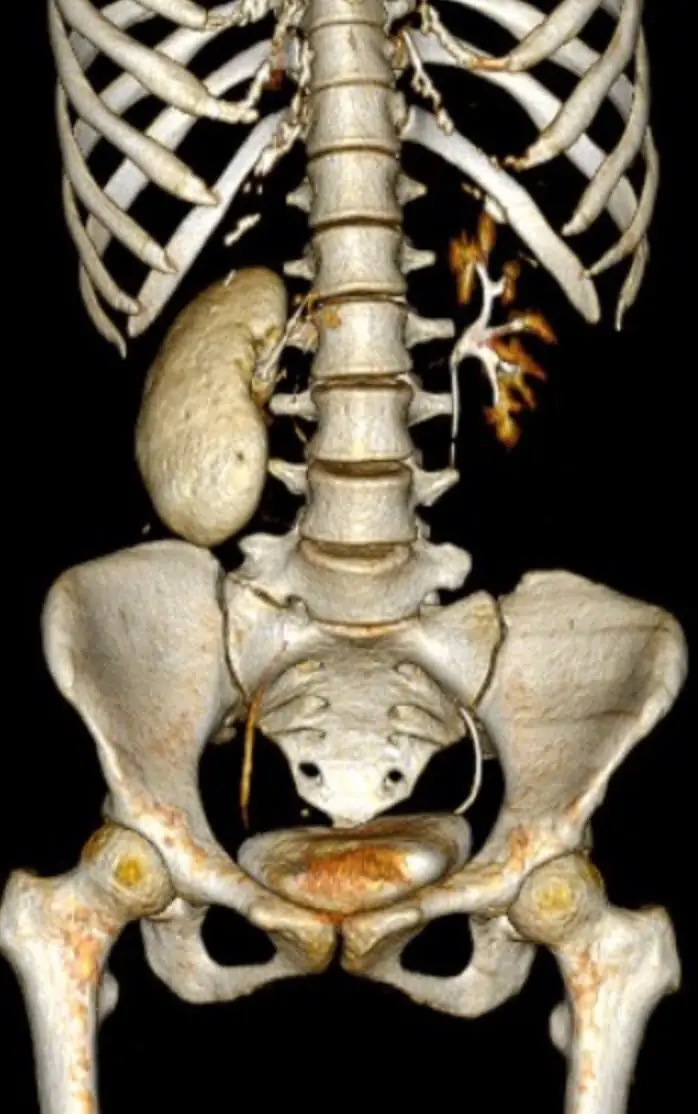
Doctor Urges 4 Actions to Protect Your Body’s "Blo.od Filter"

Can overly hot baths harm your heart and circulation?
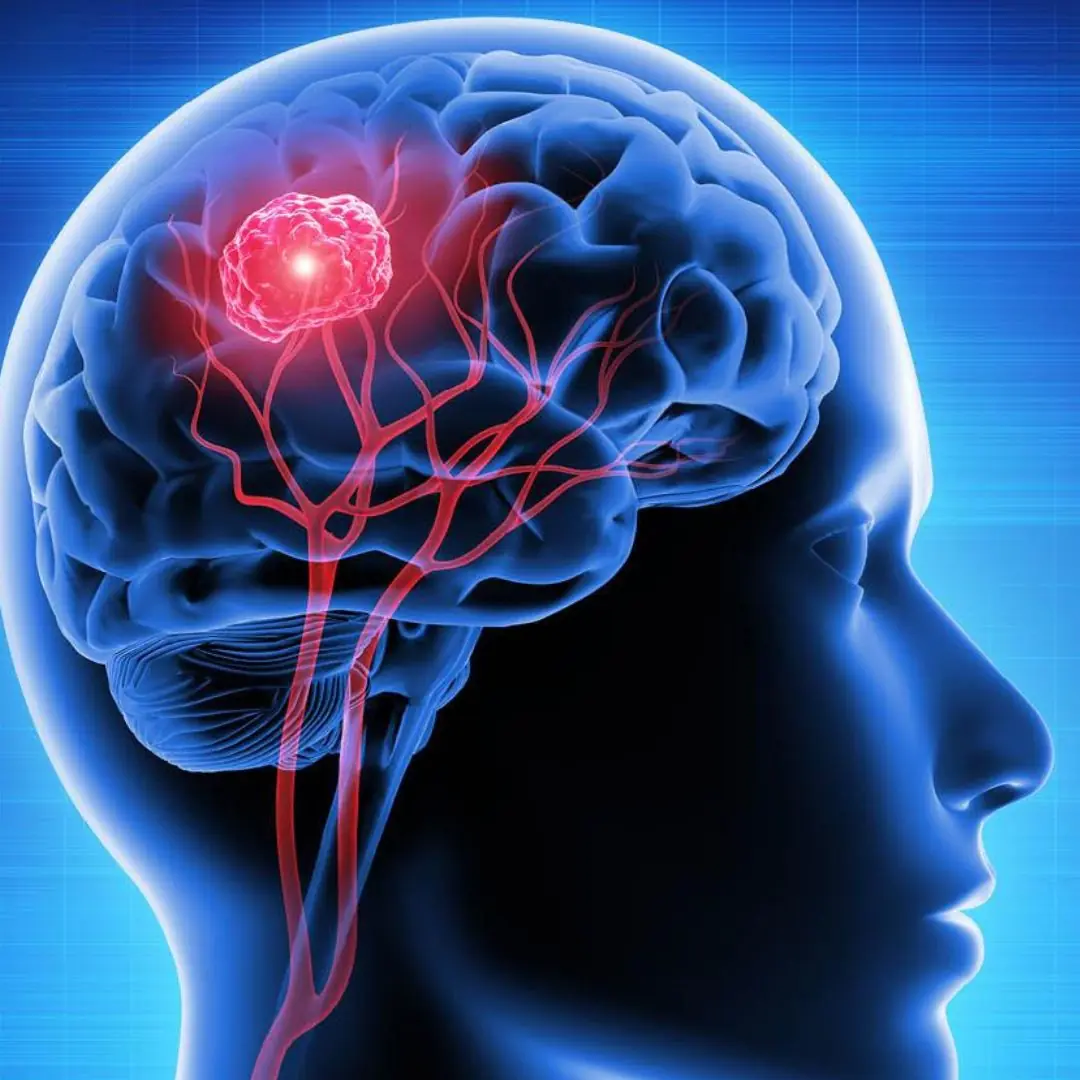
7 signs of brain c.a.ncer that are easily confused with other diseases
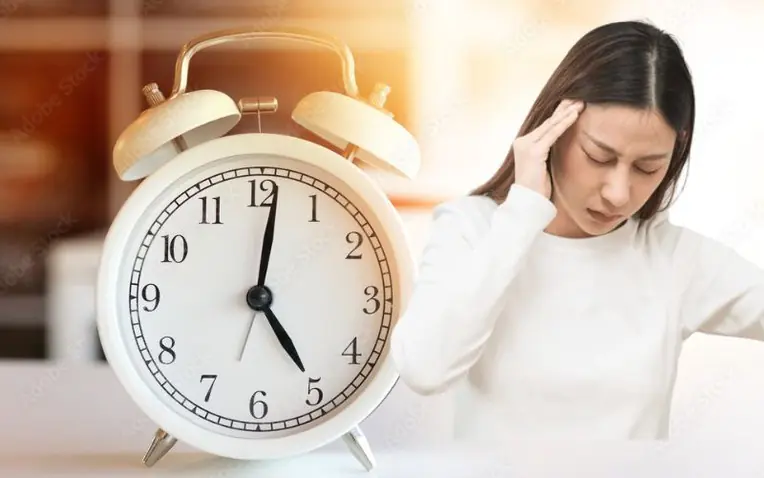
4 Things to Avoid After 5 PM to Lower Your Risk of Stro.ke
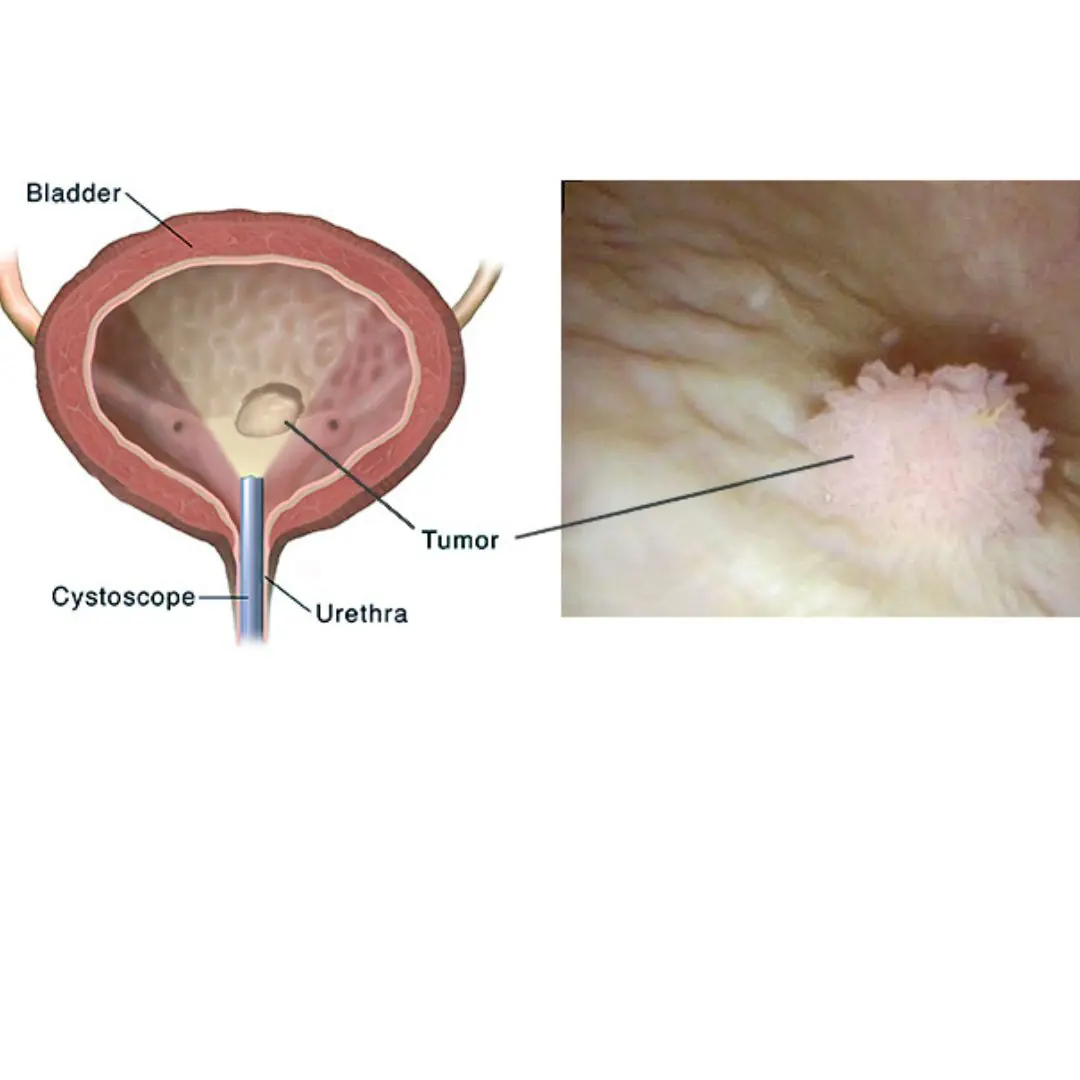
Bladder Ca.ncer: Symptoms You Shouldn’t Ignore
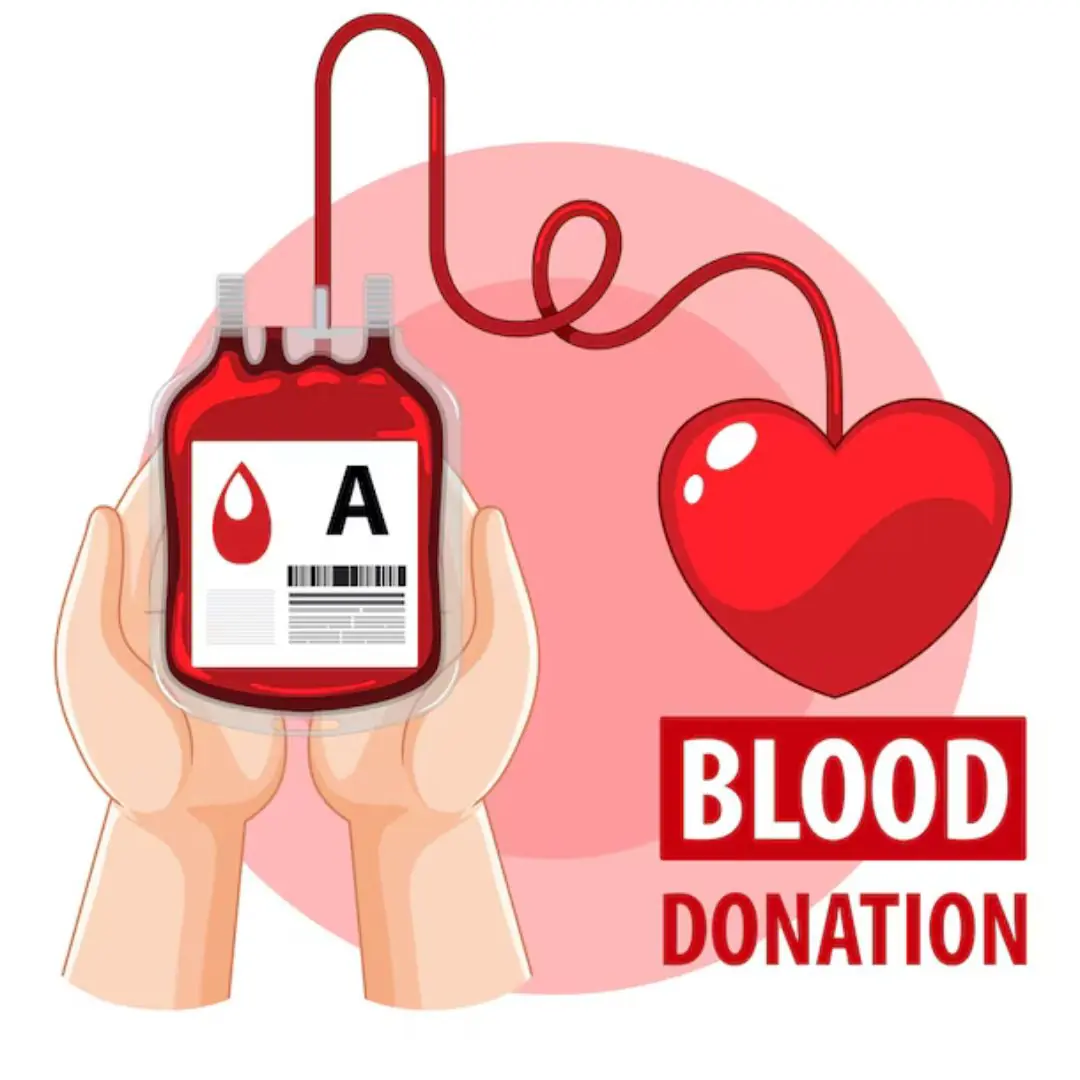
The Surprising Benefits of Donating Bl.o.od
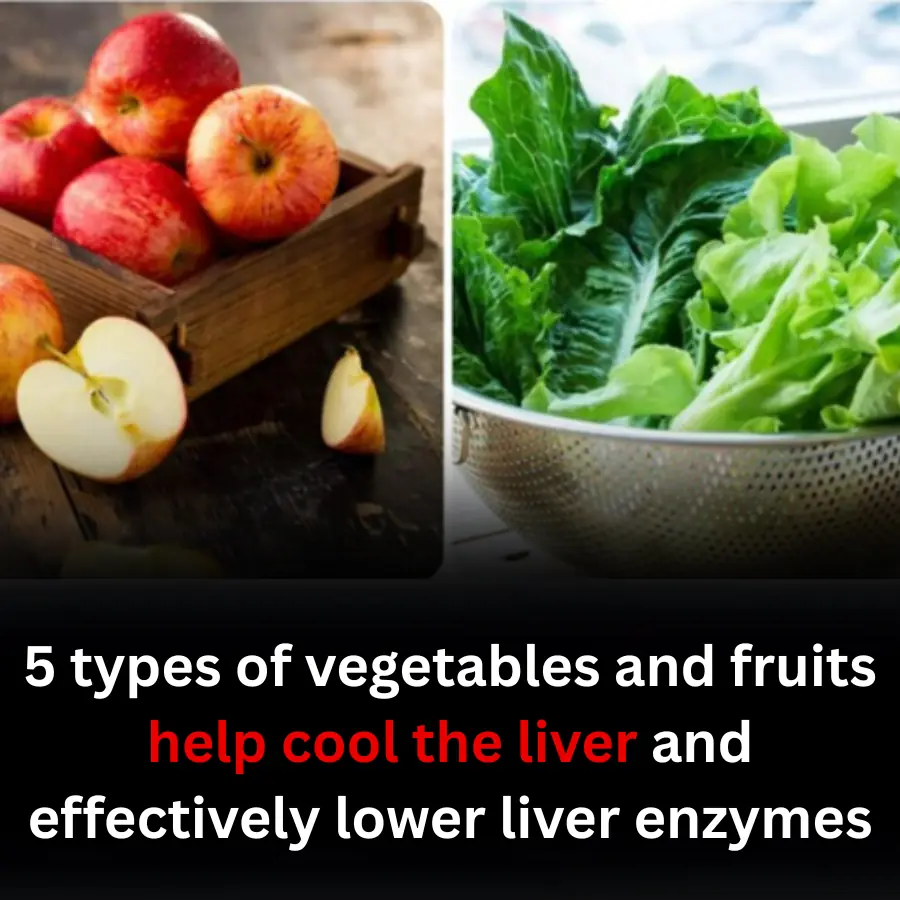
5 types of vegetables and fruits help cool the liver and effectively lower liver enzymes

Woman Sudden Kidney Failure After Meal: Doctor Says “This Vegetable Is Poisonous… You Shouldn’t Eat It”

3 Critical Mistakes You Must Never Make with a Stro.ke Victim — Regret Won’t Undo the Damage

Shocking Truth: Black Garlic Isn’t for Everyone — 5 Types of People Who Should Avoid or Limit It Immediately
News Post

Which Causes a Cold More Easily: Fan or Air Conditioner?

Don’t Install Ceiling Fans in These 4 Areas of Your Home

People Who Regularly Eat Cucumbers May Experience 3 Remarkable Changes Over Time

Put 3 balls in the washing machine, a tip to help clothes dry faster but very few people know

This type of fish costs only 1/5 of salmon but is richer in protein, making it one of the healthiest foods!

Doctor reveals the "golden key" to healthy blood: Very easy to do but few people pay attention

5 cheap household items that can bring can,cer to the whole family

Eating a handful of this vegetable is as precious as "poor man's ginseng", it grows all over the fences in the countryside but few people know about it

People who regularly eat cucumbers can soon experience 3 changes

This delicious dish "has more iron than pig liver", a must-have this summer, you will love it!

Silent Signs of Kid.ney Can.cer That Are Easy to Overlook

Too Lazy to Drink Water? These 7 Health Problems Might Catch Up with You

Put orange peel in the refrigerator, you will be surprised with its "golden 10" uses

Golden hours to know to drink coffee to maximize health benefits

Silent signs of kidney can.cer are easily overlooked

Eating a Handful of This Leafy Green Is as Valuable as “Ginseng for the Poor”

Garlic Skins Have 4 Surprising Benefits

Don’t Just Add Water to Rice—Add This for Softer, Tastier Rice That Lasts Longer Without Spoiling
